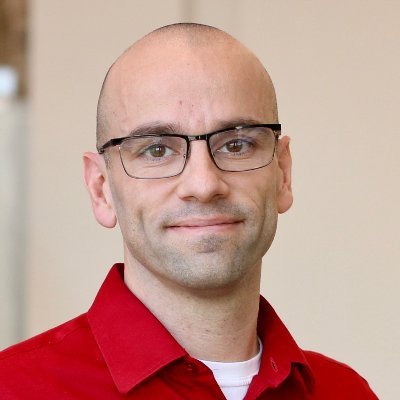Housing first is a crucially important model for addressing homelessness. As mentioned recently by Stephen Gaetz, we need to shift the resources from managing homelessness to focusing on prevention and rapid rehousing. It has been said before, and I say it again, homelessness is a housing problem.
However, although I have previously argued for the importance of focusing on politics and policy, that should not be the full extent of our work on addressing homelessness. So, although the model is ‘housing first’ we also need to think about what is second, and third. In this vein, I have found a 3-level model to be helpful: Policy, Public Perceptions, and Personal Engagement.
I will say little about policy, as there are many amazing resources already available (for example this and this), other than to suggest that each service provider or researcher has many opportunities to become involved in policy development, if only at the municipal committee level to start with. For example, myself and other members of the London Homelessness Outreach Network sit on local committees around homelessness and housing, and community advisory boards for service agencies.
As for public perceptions, this is of key importance as political will follows public will. If there is no will in our communities, provinces, and nations to proactively address homelessness, then politicians will have no incentive to move resources towards this issue. A large part of this in Canada is confronting perceptions that homelessness is a personal problem based on bad choices. We need to find ways to creatively engage with the general population to outline the challenges in our society that make homelessness an inevitability. I had an opportunity to do this at a TED talks style event in London, addressing some of the popular misconceptions (see the video below). For me this highlights the value of arts-informed research as a means of interacting with those who would not be reached by traditional methods of knowledge translation.
Personal engagement has proven to be the most difficult, and yet the simplest, component of addressing homelessness. Social disaffiliation and strong class systems are major barriers to altering homelessness and poverty in general. Ask yourself, do I have any friends who live in absolute poverty? People experiencing homelessness have long pointed out that a move out of homelessness is often just a move to being a second-class citizen, one living in poverty. Our social systems, such as our neighbourhoods, are structured to divide people by socio-economic status, so it takes will and intention to break this down. And yet, it is so very simple. Personal engagement with homelessness can be as simple as volunteering at a local soup kitchen, spending time at a drop-in centre, or hanging out regularly at a downtown library. I have found the homeless community to be incredibly friendly, the barriers are all ours to break.
Abe Oudshoorn is a Registered Nurse and faculty member at the School of Nursing, The University of Western Ontario. Abe’s clinical experience and academic research focus on health and homelessness, and Abe has recently founded the London Homelessness Outreach Network (www.londonhon.ca). Abe blogs at www.abeoudshoorn.com/blog, would be happy to hear from you at aoudshoo@uwo.ca, or can be followed on twitter @abeoudshoorn.

